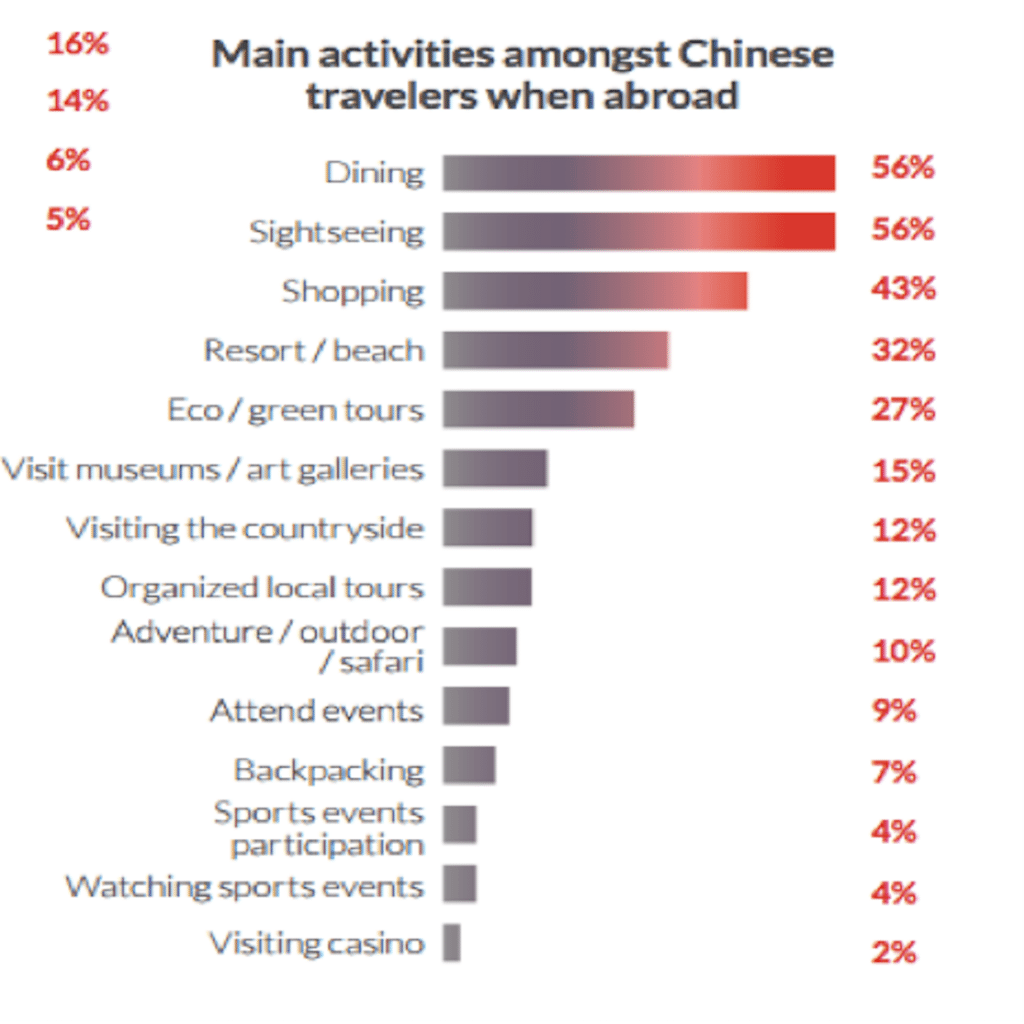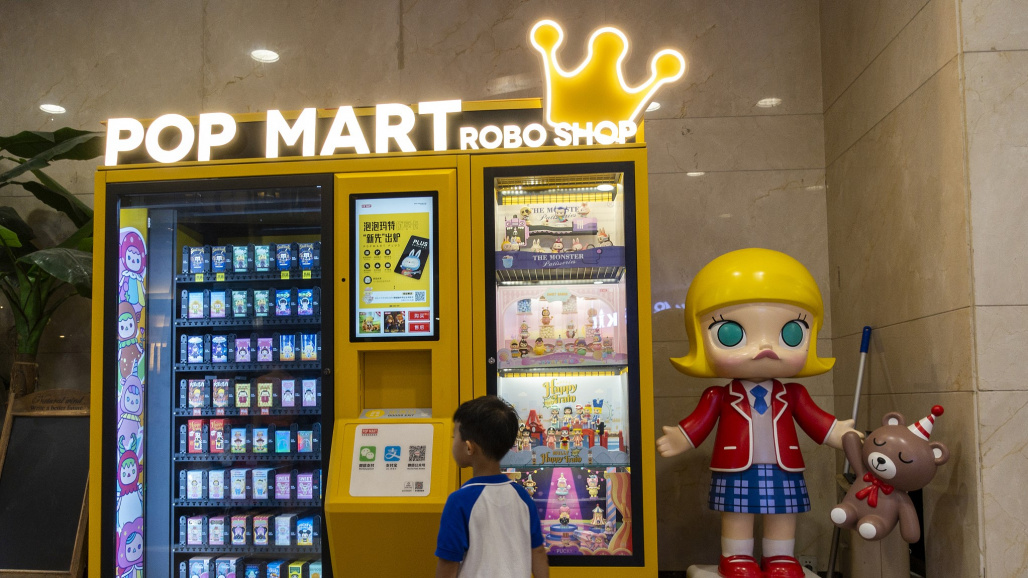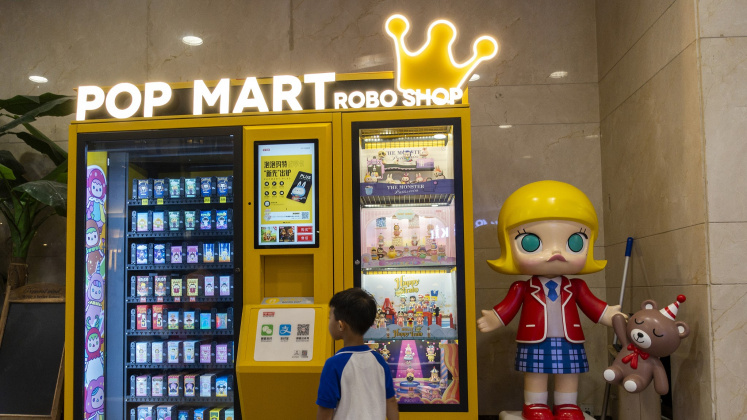And when they do gamble, they spend less money or want games very different from the conventional offer
Macau Business | October 2022 | Special Report | Chinese Millenials
The most popular destination in the United States for Chinese millennials?
Las Vegas.
What they do there?
“Everything but Gambling.”
The quote is the headline of a story published by Jing Daily, one of China’s best-known luxury periodicals.
The Jing Daily journalists wanted to know what young Chinese people do in Las Vegas, if it’s not gambling in casinos, and the conclusion: “leisure travel experience.”
One of the young people interviewed explained that “gambling is just an experience to me, not my goal for coming here,” adding, “I don’t want to waste my money on it, as there are so many interesting things to do in Las Vegas.”
Jing Daily’s summary supports a ground-breaking 2016 report from design and architecture consultancy YWS Design and Architecture, titled The US$264-billion Dragon Baby: Your Next Most Important Customer – Understanding the Chinese Millennial Leisure Traveller.

“Attracting Chinese millennials to a physical product, or a physical space, requires an acknowledgment that what has worked in the past will likely not work with them,” said the consultancy.
Roberto Coppola, the YWS director of market research and consumer insights, added: “Investment in a consumer insights study geared toward the specific goals of a development project that seeks to attract Chinese millennials would be a worthwhile investment for any business looking to tap into this enormous potential revenue stream.”
Not surprisingly, Alex Bumazhny, a former director and financial analyst at Fitch Ratings Inc., said in a commentary that millennials attending casinos spend more time and money on food, drink and entertainment than they do on gambling.

The Fitch commentary was supported by a survey conducted on behalf of the American Gaming Association: a millennial is more interested in skill-based games “such as fantasy sports and poker and is more familiar with online gaming.”
However, scientific studies are showing different signs: “Youth is susceptible to gambling involvement and gambling problems. College and university students are a particularly vulnerable group,” according to a paper titled Gambling behavior among Macau college and university students (2017).
“Many students have free time, money, increased freedom, accessibility and interest in playing different gambling games. Approximately 42–80 per cent of college and university students reported gambling in the previous six to twelve months.” Another study reported that 97 per cent of male college students at the University of Nevada, Las Vegas and 91 per cent of females gambled over the course of their lifetime.
The numbers in Macau are significantly lower.
Results from the Macau gaming behaviour study indicate that of the 32.3 per cent of survey participants who wagered, bets were placed on mah-jong (61.8 per cent), soccer matches (40.2 per cent), Mark Six lottery (37.2 per cent), card games (28.1 per cent), land-based casino gambling (13.1 per cent), slot machines (7.5 per cent) and online casino games (2.0 per cent).
“A millennial is more interested in skill-based games such as fantasy sports and poker and is more familiar with online gaming” – Alex Bumazhny
The average monthly stake was MOP$411.
Seeking entertainment (18.7 per cent), killing time (12.5 per cent) and peer influence (11.1 per cent) were the three main reasons given for gambling.
Researchers found that 3.6 and 5.3 per cent of the students could be identified as moderate-risk and problem gamblers, respectively, and that men were significantly more vulnerable to gambling problems.
A study with the same objectives was recently carried out in Hong Kong, and Professor Irene Wong (Caritas Institute of Higher Education, Hong Kong) was involved in each of the SARs’ studies.
Gambling Behavior Among Hong Kong College and University Students (2022) indicates that the prevalence rates of lifetime and past-year gambling are 79.6 per cent and 41.8 per cent, respectively, with males dominating. Many (60 per cent) started gambling before 18 years of age. The estimate of lifetime vulnerability to pathological gambling is 14.7 per cent. “Pathological gambling is associated with the male gender, Internet gambling, monthly gambling expenditure, gambling attitude, betting on a great variety of games and life dissatisfaction.”
“Blind boxes”

One of the products most successful among young Chinese consumers is the so-called “blind box” (盲盒 – manghe), small boxed collectible toys available on various platforms (physical and online) where the buyer is not aware of what is inside until after purchase.
For this reason – and because we’re talking about real consumer fervour, particularly over products from the Popmart company – there are those who find the habit of consuming them to be “at the intersection of two equally enticing realms: collecting and gambling.”
Several details make the purchase of these toys addictive, starting with the fact that, for example, there can be a piece in a series of 12 that is very rare (with the chance of finding it only 1 in 144), often referred to as the “Mystery Style”.
A final note: Popmart had 73 million dollars profit in 2020.
Previous | Traveling, an essential part of their lifestyle
